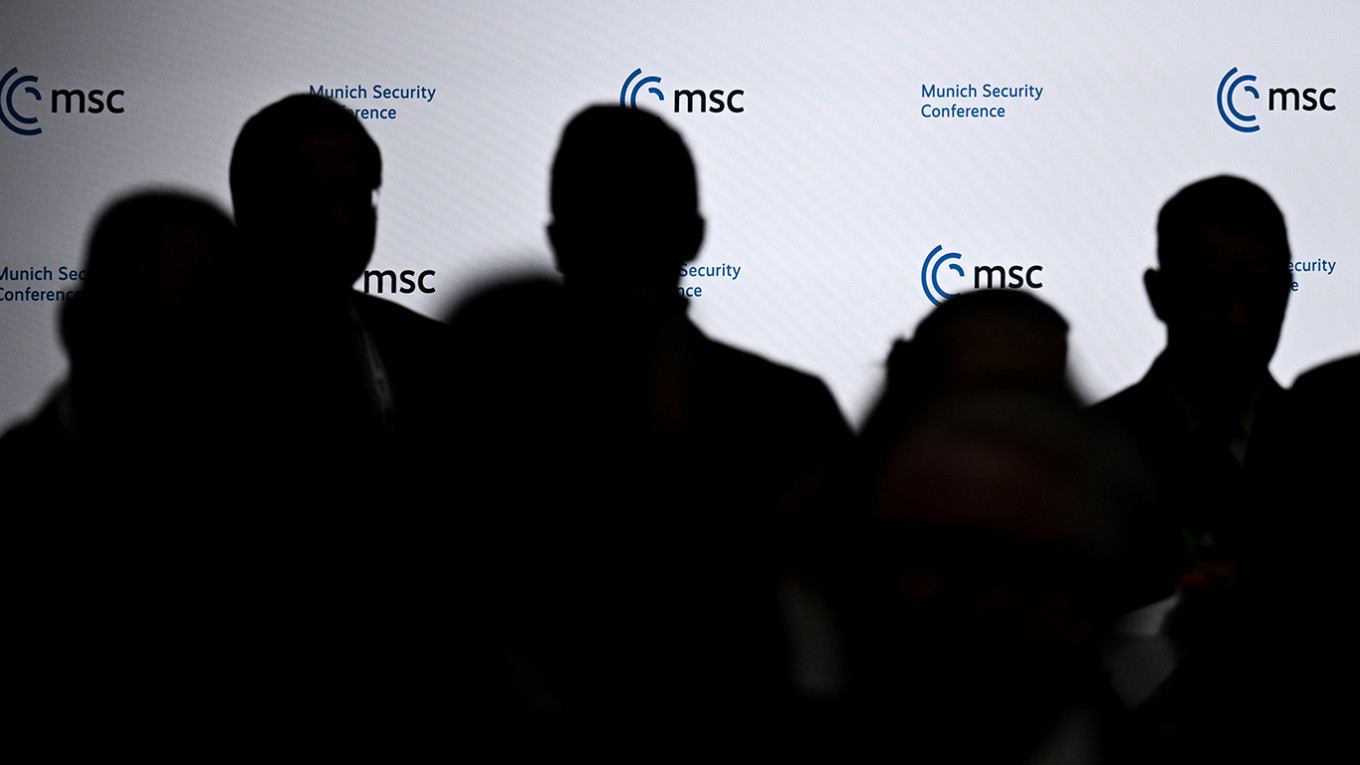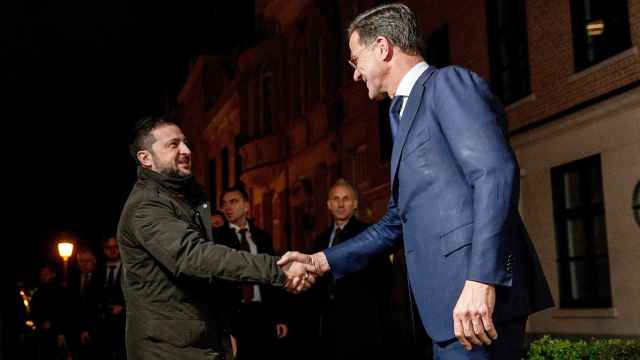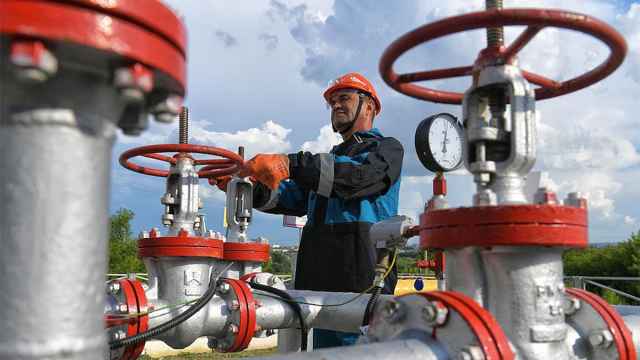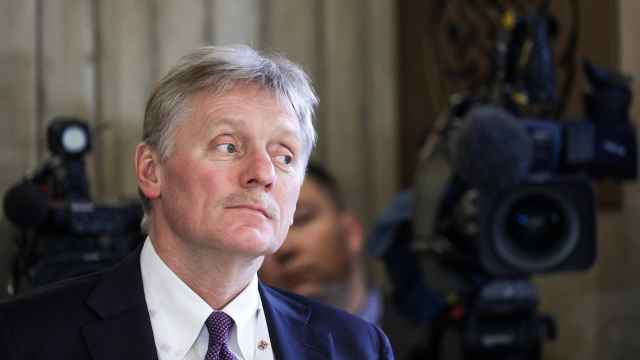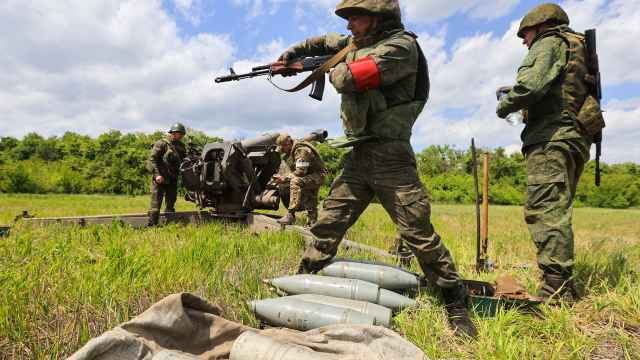This year’s Munich Security Conference takes place under the darkest clouds in decades. The foundations of the post-war world order are shaking, and we are entering the great unknown.
Donald Trump has made the U.S. an unpredictable and unreliable member of NATO, displaying open contempt for Europe. For decades, Europe comfortably and lazily bobbed along with the U.S., developing its internal market while the Americans ensured our security. The past three years have been a rude awakening — yet many European leaders still prefer to pull the pillow over their heads and pretend business as usual will suffice.
But Europe’s security is directly tied to Ukraine’s survival. If Ukraine falls, Putin will be emboldened to aim for new targets. Even if the war ends with a deal in which Ukraine’s sovereignty is preserved, Putin will undoubtedly use the time to regroup and prepare for the next attack. Analyses by various intelligence services in Europe have warned that he is already eyeing targets within the EU. These warnings must be taken very seriously. We should learn the lessons of 2014 and 2022 and act accordingly.
Three weeks into Trump’s second presidency, Europe must urgently determine its response to his whirlwind tactics and blustering. It has tried appeasing Trump by bringing him myrrh and incense. It tried mild threats of retaliation. It tried moral arguments. But Trump only understands one language: the language of power. Unfortunately, Europe has little hard power of its own. So it has to be bold, smart and find strong friends — and keep in mind that ultimately, despite the rough language, the U.S. still needs Europe.
The fact that Trump spoke with Putin before speaking with Zelensky is very disturbing. Giving in to Putin before talks have even started is even worse. The EU’s foreign policy chief Kaja Kallas was right to immediately make clear that it stands firmly by Ukraine and will reject any backroom deals over its future. We don’t need a new Yalta conference. However, Europe does not have enough power to back up its position on its own. It must urgently build a solid alliance with like-minded countries like the U.K. and Canada and present a unified front within NATO.
Europe must keep its cool in the face of Trump’s bravado and claim its seat at the negotiating table. NATO membership for Ukraine must remain part of the discussion. Sovereign nations — not Putin or his friends in the U.S. — decide their own alliances.
Ukraine’s security must be backed by rock-solid guarantees. Putin cannot be trusted to honor agreements, and Kyiv has certainly not forgotten how previous deals meant to guarantee its security were simply ignored and promises were broken — resulting in today’s situation.
Europe and its allies should also push for U.S. involvement in enforcing any future security guarantees for Ukraine. Of course, Europe itself will have to provide large numbers of troops, even if national leaders still dismiss the possibility.
At the same time, the EU should ensure that Russia enters talks in the weakest position possible. This means drastically and rapidly ramping up support to Ukraine as well as finally enforcing EU sanctions in full. There can be zero tolerance for circumvention or violation of sanctions and for non-implementation by member states. Putin must feel the full force of these measures.
The EU must also reform its enlargement policy, and fast. The slow, technocratic accession procedure was designed for a different era. Enlargement is, and always has been, a political and strategic instrument, but leaders preferred to sell their voters the myth that it was an administrative procedure, a tick-box exercise based on purely technical criteria. They used the procedure to keep countries out rather than integrating them efficiently.
Unsurprisingly, frustration and disappointment are mounting in several candidate countries about the many years they’ve spent in the waiting room. If the EU doesn’t change tack, some of these countries may turn to Russia or China. The EU must adopt a new process that allows for rapid accession, granting voting rights progressively as criteria are met. Europe has to make it crystal clear who belongs in the European family. In the face of U.S. threats to block Ukraine’s NATO membership, it is even more important to bring it into the EU.
The Baltic states’ disconnection from the Russian energy grid last week was a small but significant step showing the way for the rest of Europe. The EU has been discussing energy independence for many years. The time for debates, white papers and task forces is over. Europe now needs to put its money where its mouth is and act. The same goes for raw materials. A quick transition is tough, but over the past three years, we have shown it can be done. It is essential for Europe as a geopolitical force to secure its energy and resource independence.
Europeans should also start to understand that there is no cheap, painless solution. This is not someone else’s war — this war concerns us directly, even if we are utterly unprepared for this kind of situation.
For decades, Europe ignored calls to strengthen its defense and geopolitical power. They clung to illusory notions of national sovereignty and treated the EU as mere intergovernmental cooperation. Is it a coincidence that Putin’s lapdogs are among the strongest opponents of a strong federal Europe? For years they aimed for European disintegration, campaigning for Brexit, Frexit and Nexit. Now they have adapted their strategy, seeking to dismantle the EU from within. Mainstream parties must understand that a weak EU is a key part of pro-Putin parties’ agendas — even if the rhetoric of intergovernmental Europe also aligns with national politicians’ ambitions.
Today, we are all paying a high price for not having built up a strong Europe in more tranquil times, and the cost of our collective denial is going up by the day.
Europe can still change the dynamic, but the window of opportunity is closing fast. The EU rose from the ashes of two world wars and united the continent after years of division and dictatorship. The Union is now entering a new phase. European leaders will have to follow in the footsteps of the EU’s founding fathers. They must demonstrate the courage and vision needed to build a bigger, stronger Europe that protects its citizens. History will judge us.
A Message from The Moscow Times:
Dear readers,
We are facing unprecedented challenges. Russia's Prosecutor General's Office has designated The Moscow Times as an "undesirable" organization, criminalizing our work and putting our staff at risk of prosecution. This follows our earlier unjust labeling as a "foreign agent."
These actions are direct attempts to silence independent journalism in Russia. The authorities claim our work "discredits the decisions of the Russian leadership." We see things differently: we strive to provide accurate, unbiased reporting on Russia.
We, the journalists of The Moscow Times, refuse to be silenced. But to continue our work, we need your help.
Your support, no matter how small, makes a world of difference. If you can, please support us monthly starting from just $2. It's quick to set up, and every contribution makes a significant impact.
By supporting The Moscow Times, you're defending open, independent journalism in the face of repression. Thank you for standing with us.
Remind me later.



